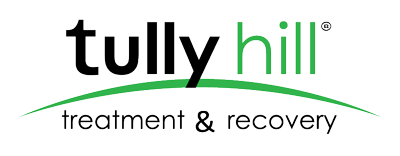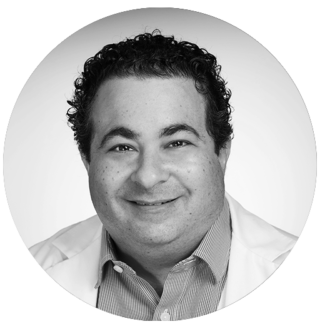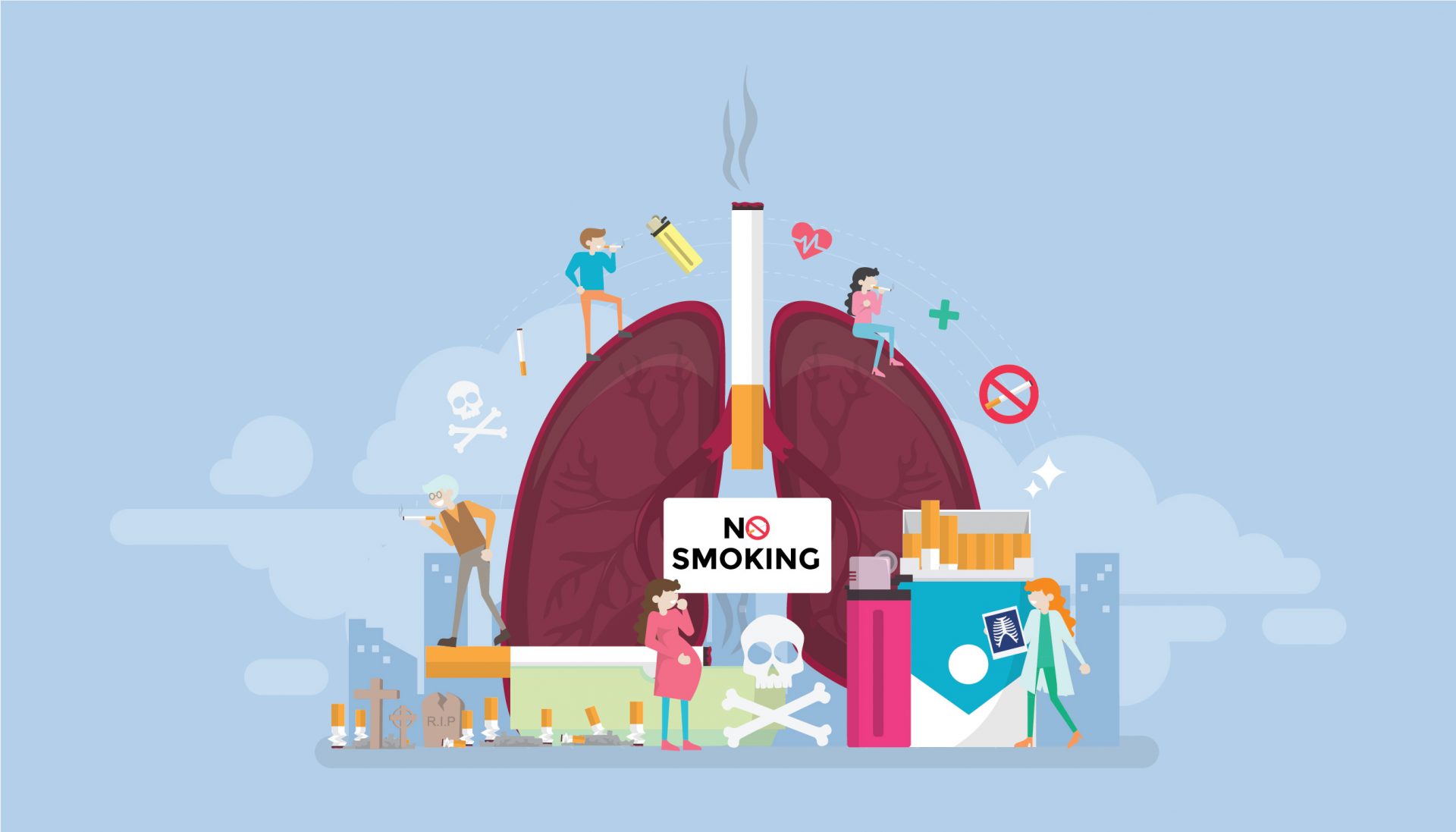World Health Organization (WHO) to Stage
World No Tobacco Day Campaign | May 31st
World No Tobacco Day Campaign | May 31st
Every year, the World Health Organization (WHO) promotes its World No Tobacco Day to inform everyone, everywhere about the harmful effects of tobacco use; how tobacco companies strategize and market their products; the efforts WHO makes to combat the tobacco epidemic; and what people can do to ensure their right to a lifetime of healthy living and help safeguard future generations from the ills of tobacco use.
Now in its 34th year, World No Tobacco Day’s purpose is to educate people about the current tobacco epidemic, and the preventable death and disease it is known to cause. This year’s campaign will take place on May 31.
We at Tully Hill gladly endorse the WHO’s campaign, given tobacco use disorder is our country’s most common substance use disorder. For those unaware of this fact, consider these truths about tobacco and nicotine, and tobacco use disorder:
- Nicotine addiction is now referred to as tobacco use disorder in the Diagnostic and Statistical Manual of Mental Disorders, Fifth Edition (DSM-5).
- Occurring naturally in tobacco, nicotine is a highly addictive, central nervous system stimulant that with regular use leads to physical dependence and tolerance. Its addictive properties are thought to be on a par with heroin and cocaine.
- It’s estimated that between three and four out of five current smokers meet established criteria for drug dependence; e.g., they have difficulty stopping, experience withdrawal when they stop, are tolerant and continue despite knowledge of personal harm.
- Adults with mental health or substance use disorders and/or behavioral health conditions smoke cigarettes more than adults without these disorders.
Add to these realities some additional known problems that tobacco use can and does cause – heart disease, cancer, diabetes, chronic obstructive pulmonary disease (COPD) – and one can no longer doubt that this disorder truly is widespread and one that shortens lives, as well as contributes mightily is to the world’s soaring healthcare costs.
Tully Hill supports its patients toward the goal of tobacco product and smoking cessation. The approach to achieving abstinence from tobacco products is multifaceted and tailored toward the individual patient’s needs, taking into account such things as type of tobacco product used, underlying health conditions, and patient preferences. Behavioral as well as pharmaceutical modalities are employed and a tobacco free campus is strictly maintained. Pharmaceutical options, used individually or in appropriate combinations, include nicotine replacement therapy (NRT), Buproprion (Zyban), Varenicline (Chantix) ,Nalrexone, Clonidine and Nortriptyline.
We support wholeheartedly the WHO’s No Tobacco Day campaign, and its highly desirable goals of tobacco product and smoking cessation.










